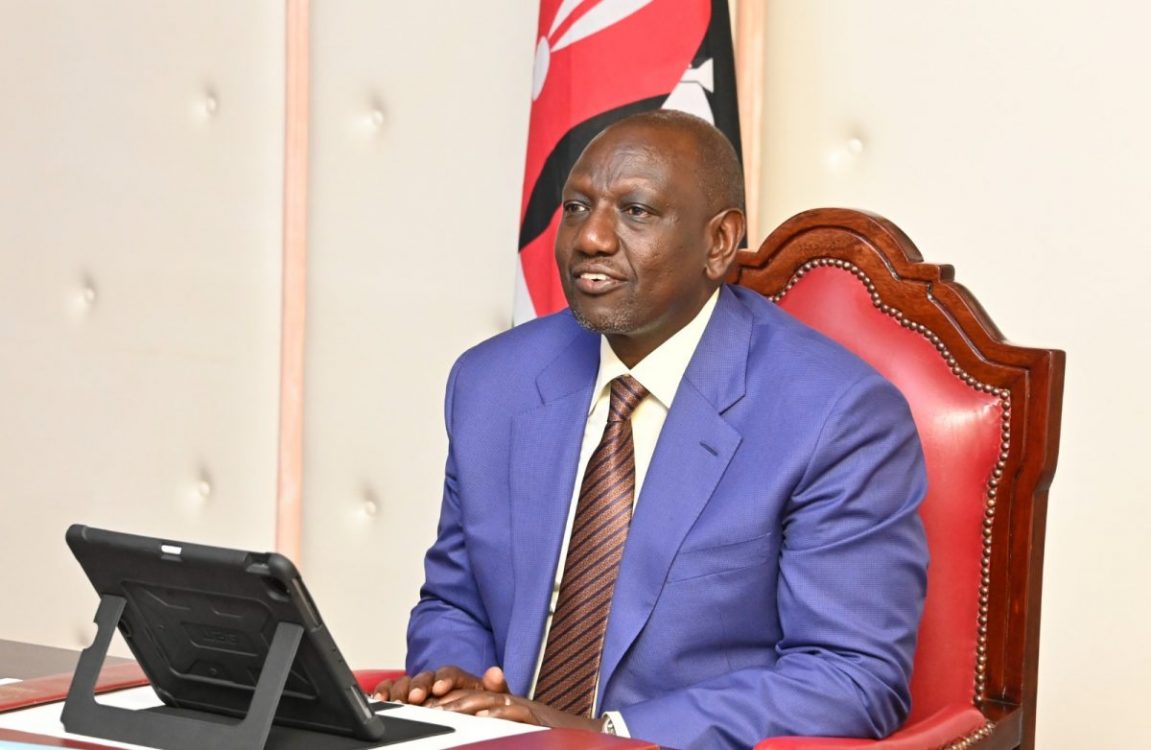State pending bills hit a high of Sh481b

National government pending bills have gone up to a high of Sh481 billion as at December 31, 2022, a new report shows.
The quarterly economic and budgetary review report states that of the money, Sh 400.7 billion representing 83.3 percent and Sh 80.3 billion (representing 16.7 percent for the state corporations (SC) and ministries/state departments/other government entities respectively.
A huge amount of the amount owed by state corporations is for the payment to contractors/projects, suppliers, unremitted statutory and other deductions, pension arrears for Local Authorities Pension Trust, and others. “The total outstanding national government pending bills as at December 31, 2022 amounted to Sh 481 billion,” reads the report.
According to the report, the highest percentage of the SCs pending bills (70.6 percent) belong to contractor/projects and suppliers. Ministries/state departments and other government agencies (MDA’s) pending bills were mainly historical pending bills. The accumulation of pending bills continues to increase despite the National Government policy on clearance of pending bills that requires MDAs to clear historical pending bills within the guidelines spelt out in the Gazette Notice 297 of January, 2005.
Further all MDAs are required to ensure that carryover payments emanating from the 2021/22 financial year, are treated as a first charge against the 2022/23 budgetary allocation before entering into new commitments in line with the Treasury Circular.
Counties, the report states have pending bills amounting to Sh 157billion and most of them have been struggling to settle them over the years. The report comes barely months after President William Ruto promised to pay the Sh504 billion pending bills passed down by the former regime.
Mounting bills
President William Ruto said the government will work on the mounting pending bills that have forced many small and medium-sized businesses to close or face auctions. “We shall give priority to the expeditious resolution of our pending bills so that the government can meet its obligations and facilitate better economic performance,” President Ruto said in his inauguration speech.
In their manifesto, Kenya Kwanza said they aimed to engage a transaction adviser “to advise on the securitisation of the outstanding bills subject to verification.”
The new government has promised to pay the Sh504 billion pending bills passed down by the outgoing administration, in a major relief to businessmen and contractors who do business with the government.
President William Ruto has promised to settle the mounting pending bills that have forced many small and medium-sized businesses to close or face auctions.
Data from the National Treasury shows pending bills climbed to Sh504.7 billion in the financial year ended June, a 40.39 percent jump from Sh359.5 billion the previous year, making it the annual jump on record.
A large number of business people who have contracts with the government have ended up being blacklisted by credit reference bureaus after falling behind on loan repayments or defaulting. “We shall give priority to the expeditious resolution of our pending bills so that the government can meet its obligations and facilitate better economic performance,” President Ruto said in his inauguration speech.
He said the government would work on a proposal for the suppliers to collect the money within a shorter period.
The measures were among those announced by the new president as part of plans that his new government will take on including cutting the cost of fertiliser for farmers, fuel prices, high public debt, unemployment, state credit guarantee schemes and industrialisation.
The ballooning pending bills have become a major economic challenge despite his predecessor Uhuru Kenyatta in June 2019 directing that ministries and parastatals should prioritise verified arrears in the expenditure plan.
Special fund
However, the Budget and Appropriations Committee of the National Assembly warned in June 2021 that the arrears had accumulated to levels which could not be settled through annual budgetary allocations. The committee recommended that the Treasury sets up a special fund to be financed through a long-term debt to pay off verified pending bills for goods and services rendered and court awards for contract breaches, unlawful dismissals and human rights violations.
The mounting pending bills add to the country’s fiscal stress facing the new government amid a high public debt at Sh8.56 trillion as at May.










